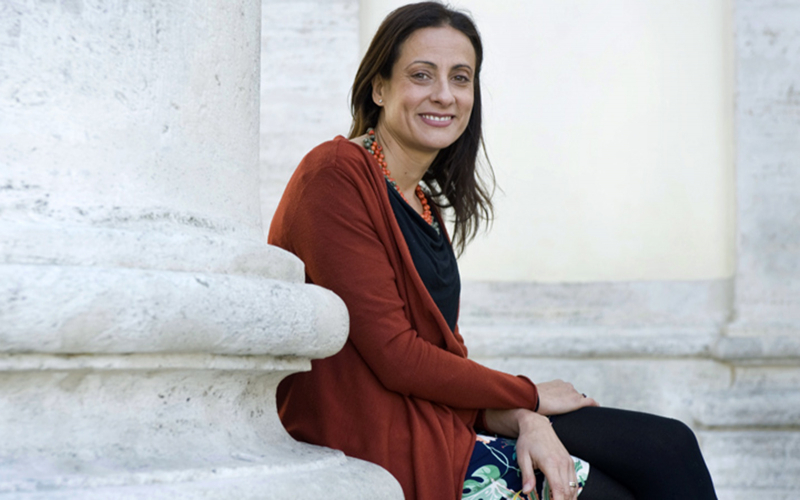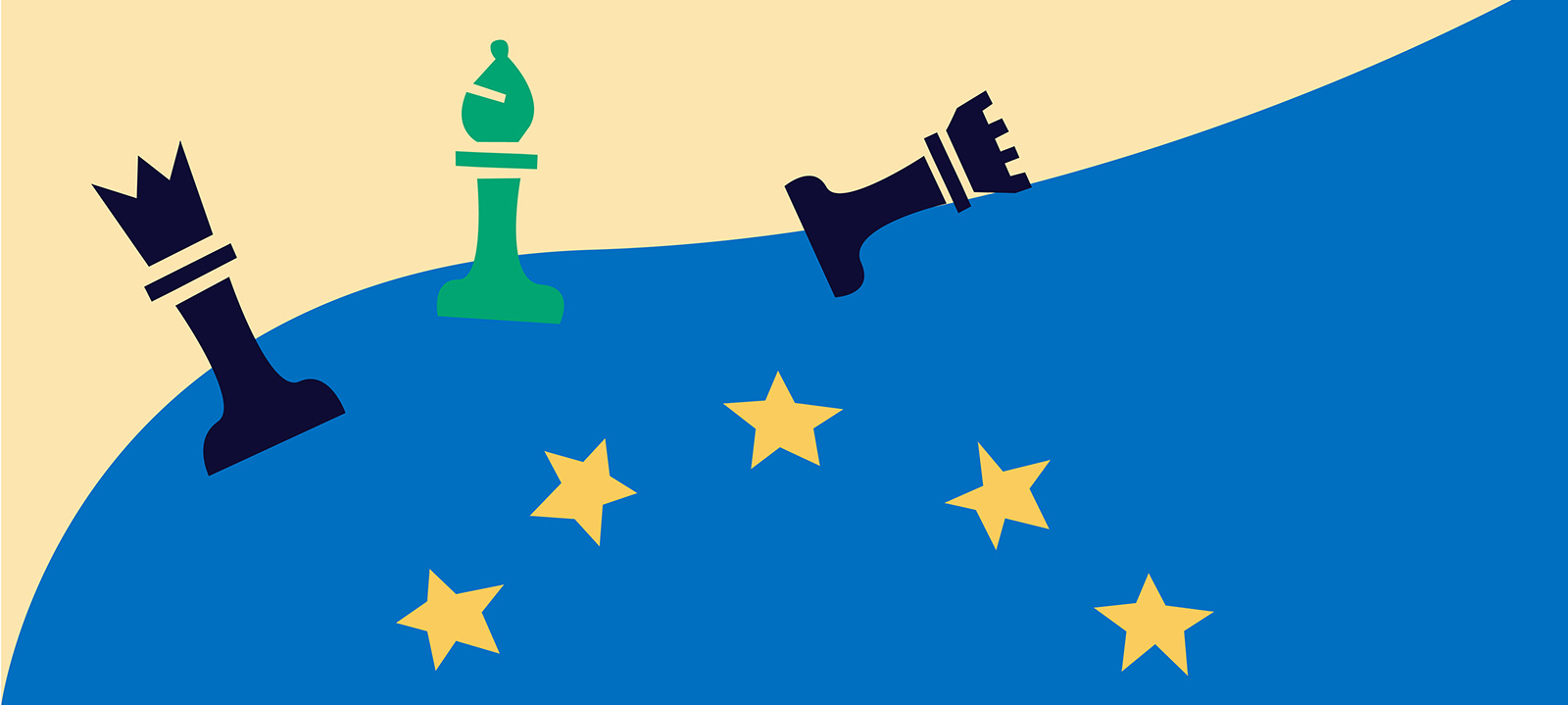Culture
Not just geopolitics
The era we are experiencing is having an impact on aspects of international politics that affect crucial areas of our lives, the meaningful speech by Nathalie Tocci at the Avio Aero Talk.
Sep 2020
“We are living in a complex age in which international relations cannot always be analyzed through the lens of the state and are therefore not determined solely by the impact of geography on politics and vice versa. International politics today takes the form of three dynamics that are by definition transnational: climate and energy, demography, and digital and technological developments”. Nathalie Tocci is an expert in the matter, a political scientist at the head of the Istituto Affairi Internazionali (IAI) international relations think tank founded by Altiero Spinelli, she is also a member of the Board of Directors of ENI.
This is how the third edition of the Avio Aero Talk sessions began. Our guest, Professor Tocci, who is honorary professor at the University of Tübingen and Special Adviser to the EU High Representative, was able to give employees connected online an initial assessment of the impact of the COVID-19 pandemic on global strategic and geoeconomic balances. The talk bore in mind the new trends generated by this emergency, but also shed light on the pre-existing dynamics that this global event might accelerate or slow down, as the case may be.
After an interesting introduction on the theoretical approach to these topics, Nathalie Tocci walked the Avio Aero audience through a large part of the international chessboard, stopping in the hottest spots. She started from the onset of the emergency with the outbreak of contagion in China. What has happened over these past long months, and what are we going to face as a result of the leading role that the Asian superpower has tried to carve out for itself?
“In the context of the pandemic, China had a month and a half of advantage over other countries - first and foremost over Europe - and was thus able to exploit its first-mover advantage. There has subsequently been an attempt to exploit this emergency by using COVID as a foreign policy tool: ‘mask diplomacy’ is nothing more than Chinese soft power. Solidarity in exchange for friendship, as has happened in Italy”, the Director of the IAI explained in an accessible and clear way.
"International relations, today, are not determined solely by the impact of geography on politics and vice versa, while they take the form of three dynamics that are by definition transnational: climate and energy, demography, and digital and technological"
This attitude has accelerated Chinese escalation, “widening the clash with the US as it has gone from a series of thematic and sectoral conflicts (duties, 5G, etc.) to a real comparison of which is the best political system”. A new cold war neutralizing the various multipolar orders by arriving “not quite at two new blocs, but at a system with two main political models and a series of other partner powers in dialogue with the two main countries”.
In the context of the ‘new cold war’, according to the political scientist, Russia represents the clear separation on which the difference between Trump's confirmation or candidate Biden's victory in the next American elections in November will be measured. “The current President has repeatedly shown that he feels comfortable in his relationship with Putin, unlike not only the Democrats but also the rest of his Party (Republicans, ed.), who agree that there has been an authoritarian drift of the largest nation in the world”, she continued, adding considerable insight into the situation in the Middle East, Libya and tensions between Turkey and Greece.
Last but not least, our Europe. Nathalie Tocci put together the pieces of a puzzle that in recent weeks has proved to be particularly complex at a European level, as far as the management of this emergency is concerned. “There are two different plans. The first concerns the reality of the facts. Despite the delays of the first few weeks, an objectively virtuous mechanism was then set in motion which led to important and significant steps from the European Council from the third week of April to the end of July, approving the Next Generation EU: an undoubtedly historic result which may act as the basis for fiscal union, after monetary and banking union. Something big is being done, especially if you compare it to the course of the last 10 years, in which there have been two crises for which little or nothing has been done: that of the eurozone and that of migration”.
According to the guest speaker, from an internal point of view, Europe has been promoted. The critical issues begin at the level of international politics: “This European Commission declared three priorities at the beginning of its mandate: a green, digital, geopolitical EU. The first two points are on every institutional working table, as they already were before the pandemic. On the last point relating to defense and security issues, however, much more was done by the previous Commission, which had laid the foundations for a security and defense union, working on: a European Defence Fund, a military mobility fund and a new European Peace Facility, which together add up to a budget of around 30 billion euro”.
“In the context of the new financial structure, paradoxically, if we look specifically at these voices, there has been a halving”, said Professor Tocci, at the end of her brilliant speech. “The effort that those who believe in European foreign policy - including in the field of defense and security - must therefore make is to try to revive this leg, without which the European project as a whole has no reason to exist”.






